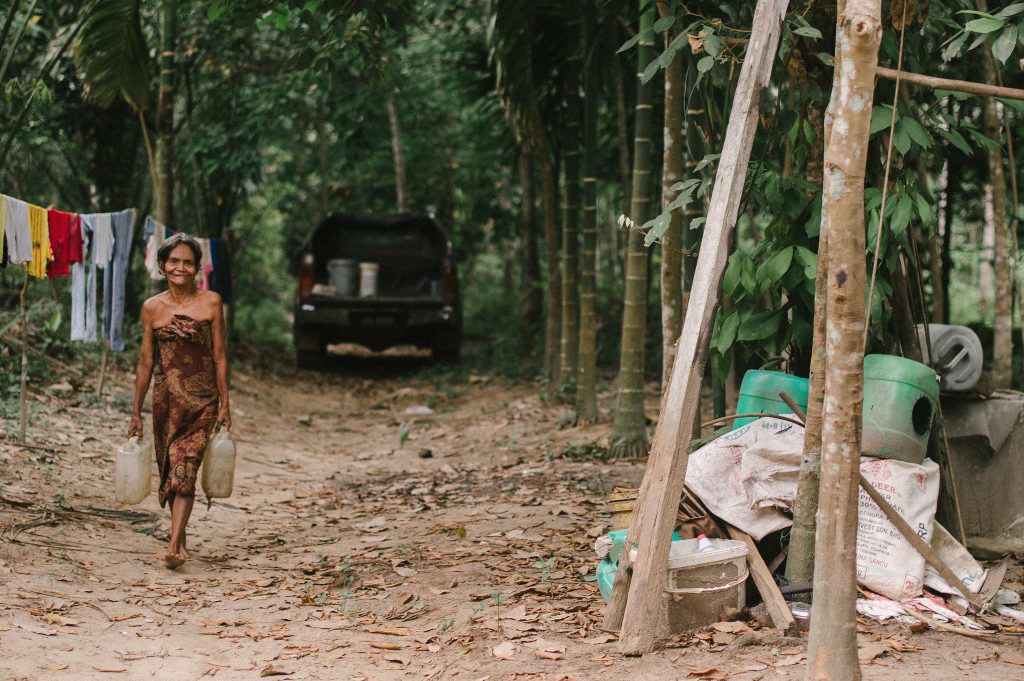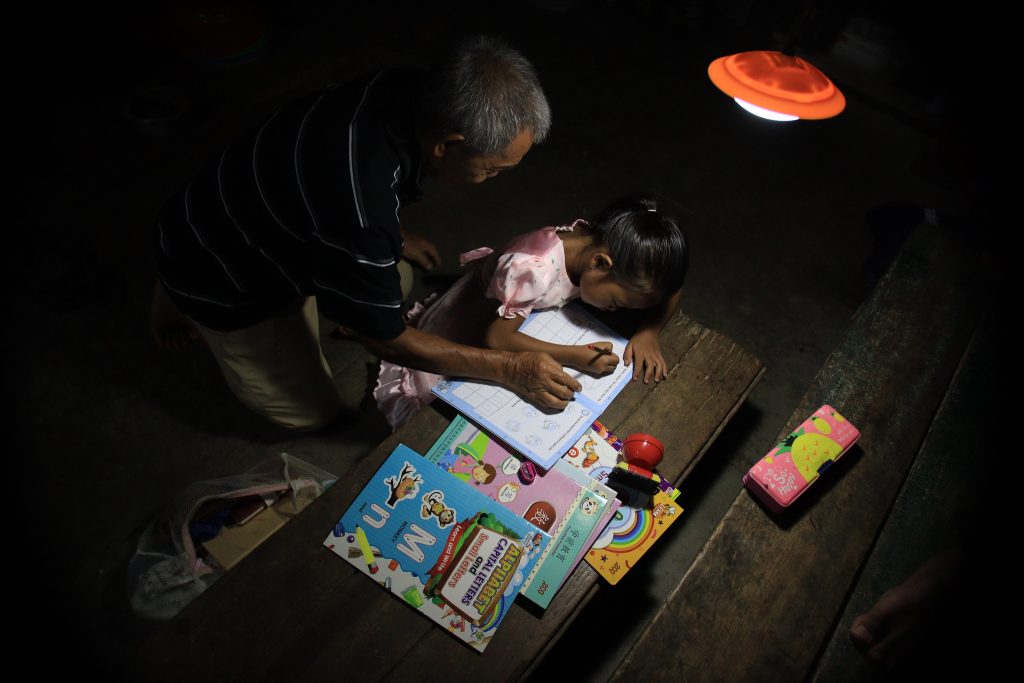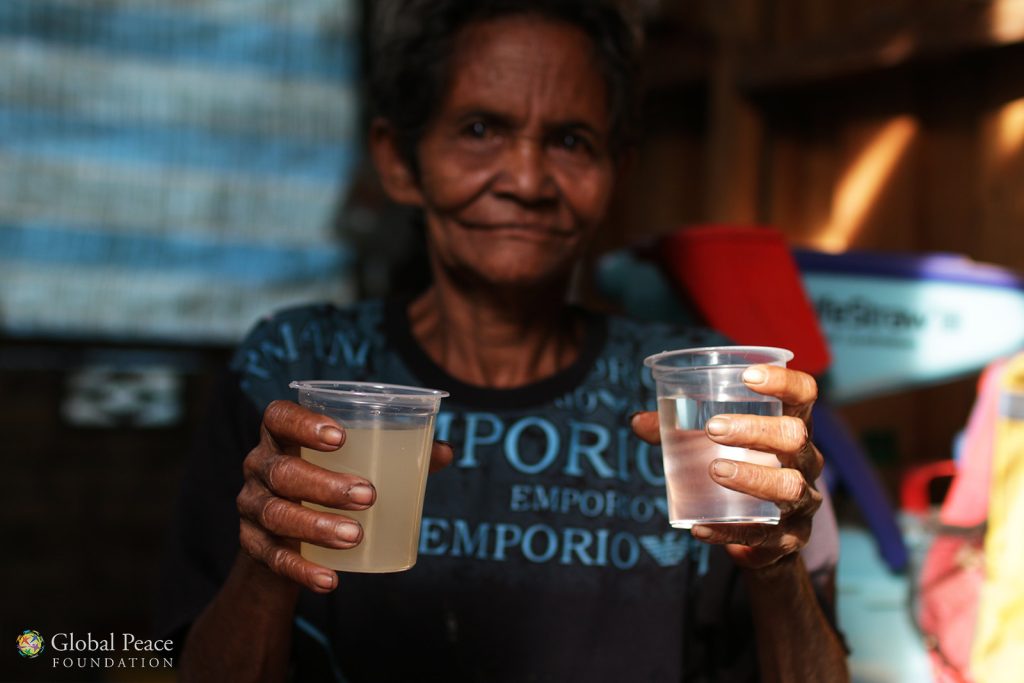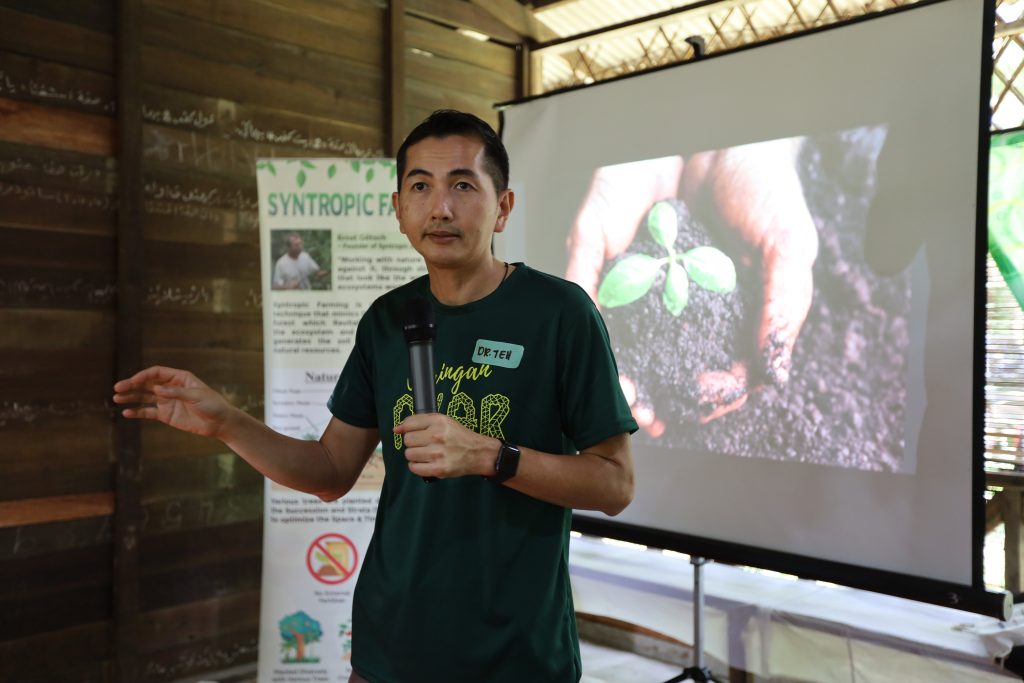As the world celebrates the 75th anniversary of the World Health Organization (WHO) on this year’s World Health Day, we wanted to discuss this year’s theme “Health for All” and the progress made over the years. Founded on April 7, 1948, the WHO has been at the forefront of global health, leading efforts to prevent and control diseases, improve access to healthcare, and promote health equity worldwide. From the eradication of smallpox to the fight against HIV/AIDS and COVID-19, the WHO has achieved numerous milestones that have improved the health and well-being of millions of people worldwide.

In Malaysia, a country with diverse indigenous communities, access to healthcare can be a significant challenge. These communities face a range of barriers such as cultural and language differences, geographic isolation, and economic disadvantage. However, there are organizations working towards creating more equitable and inclusive healthcare systems for these communities. Our organization, Global Peace, is one such example, with a focus on building resilient and cohesive indigenous communities in Malaysia. Through our various programs, we’ve aimed to improve health outcomes and address the social determinants of health that affect these communities. As we reflect on the WHO’s 75th anniversary and the theme of this year’s World Health Day, we are reminded of the progress that has been made in healthcare globally, and the work that still needs to be done locally to ensure health for all.

We understand that certain groups in society, such as women, children, the elderly, and those with disabilities, face unique challenges when it comes to accessing healthcare. That’s why we run programs that aim to directly and indirectly improve health outcomes with an awareness that even within the marginalized Orang Asli there are sub-groups who are more vulnerable than others. “Health for All” means recognizing that needs vary across groups and individuals and a successful program means incorporating this understanding from the planning stage to the implementation and review.

Our pilot project; water access has been iterated on over time, the project now uses solar pumps or the sustainably built Lifestraws, and our WaSH module equips the community with better practices for good health, sanitation and hygiene. By instructing and providing resources for the communities to build washrooms, we are not only addressing the basic human right of access to clean water and sanitation, but we are also reducing the burden of waterborne diseases, which disproportionately affect vulnerable populations such as women, children, and the elderly. In many cases, these individuals are responsible for caring for others who fall ill, which can result in increased care responsibilities and lost income. By promoting better health and hygiene practices through our WaSH module and providing access to clean water and sanitation facilities, we are helping to alleviate this burden and improve the overall health and well-being of the community.

Water samples taken before and after the implementation of our projects.
We also have introduced programs that aim to improve education and create sustainable livelihoods (through regenerative farming) and environments (via renewable energy sources). Our work is aligned with the WHO’s goal of achieving health equity for all, especially for those who are most vulnerable. As we celebrate the 75th anniversary of the WHO, we also take the opportunity to reflect on our own milestones and the impact we have made in creating resilient and cohesive communities in Malaysia.

Our CEO Dr.Teh Su Thye leading a discussion on the regenerative farming method; syntropic agroforestry.
Our organization, Global Peace, is committed to creating more equitable and inclusive healthcare systems for indigenous communities in Malaysia. Through our various programs, we strive to improve health outcomes, address social determinants of health, and create sustainable livelihoods. We are proud to be aligned with the WHO’s mission to achieve health equity for all, especially for the most vulnerable.
As we look to the future, it is important to continue building on the progress that has been made and to address the ongoing challenges in global health. The COVID-19 pandemic has highlighted the need for strong and resilient health systems that can respond effectively to crises. It is our hope that this anniversary serves as a reminder of the importance of prioritizing health as a fundamental human right and the need for collective action towards achieving health for all.
We thank the World Health Organization for 75 years of dedicated service to global health and for inspiring organizations like ours to continue the important work of promoting health equity worldwide.






